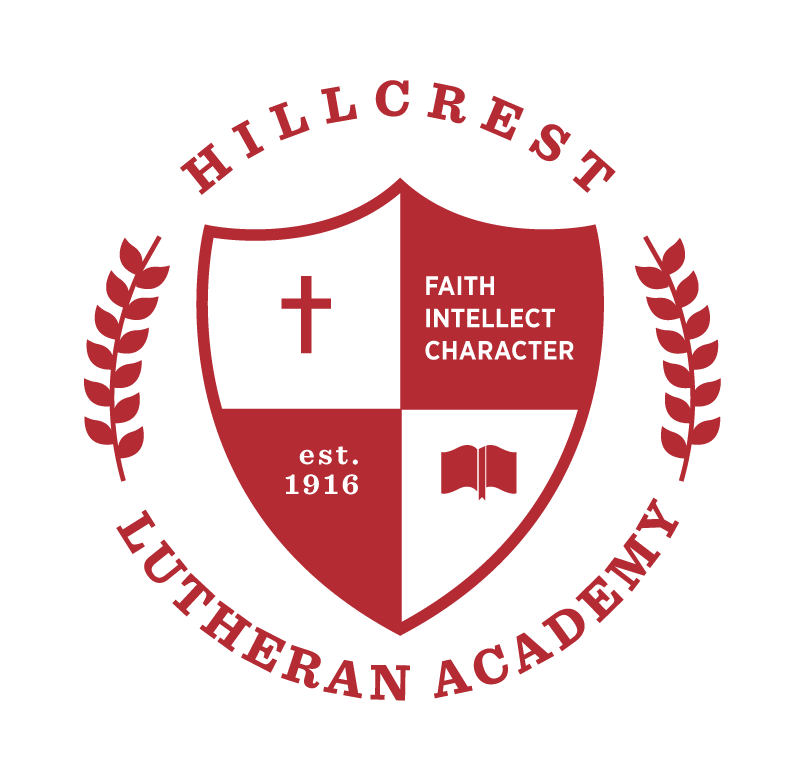Middle School Reviews Government Order with “The Social Contract” Socratic Circles
In an era of warp-speed changes in leadership and how new administrations engage government structure, it is easy to overlook a profound truth: genuine citizenship demands more than knowledge of parliamentary procedures or voting protocols. This is something the middle school displayed last month as they finished reading Jean-Jacques Rousseau’s The Social Contract and presented their knowledge inside their Socratic Circles.
Rather than memorizing facts for a test, the middle school students displayed knowledge and insight through classical training in Socratic-style dialogue. They are exercising civic life, building muscles of both intellectual rigor and moral fortitude to answer big questions. Last month, their big question was what form of government works best for modern people?
This question was debated in a living, breathing forum. Students formed two concentric circles and were prepared to debate the major themes in The Social Contract. Half of the class took center stage and presented their arguments. The outer circle observed closely, taking notes and monitoring how their friends engaged in the dialog, participated in arguments and communicated rebuttals.
The conversation ranged from the suggestion that “a strong hand” might be necessary for peace and order to the idea that citizens should share in ruling themselves. These themes led students to vigorously leaf through their copies of Rousseau’s work, referencing lectures and class notes, to solidify their positions. They sought not merely to win an argument but to uncover how true leadership demands the willingness of both leaders and followers to uphold virtue and the common good.
What set these discussions apart was the students’ practice of character in action. In the middle of the dialogue, participants paused to acknowledge quieter classmates, inviting them to share. This was more than courteous decorum; it was an active embodiment of the very values they were exploring. Ensuring every student’s voice could be heard, they demonstrated the crucial balance of authority and liberty underpinning Rousseau’s social contract.
From this balanced environment emerged a respectful but rigorous exchange of ideas. Students tested each other’s positions, presenting contrasting views, evaluating the text’s nuances, and combining them with lessons from class notes and previous lectures. By refining arguments and sharpening each other’s understanding, they were not just discussing good governance but practicing it.
Hillcrest’s commitment to the classical education model shines through these Socratic exercises. Rather than treating textbooks as static sources of knowledge, Mrs. Michele Foss encourages her students to wrestle with complex ideas and moral implications. In doing this, these students are developing habits of thorough investigation, attentive listening, and diligent truth-seeking. They learn how to argue passionately yet charitably, concede a fair point with grace, and bring everyone into the conversation.
Hillcrest’s classical curriculum is not just academic but transformative, instilling in students the courage, confidence, and civic muscle to carry the Gospel into the public square. By anchoring these discussions in a moral and biblical context, Hillcrest trains students to see beyond momentary wins, urging them to cultivate virtues that will guide their future roles—whether in political office, community leadership, or simply as active, thoughtful citizens.
Rousseau’s The Social Contract often underlines that the legitimacy of government rests on the quality and commitment of its citizens. Hillcrest students have taken this to heart in Mrs. Foss’ class, concluding that good governance requires leaders of integrity and a populace that cares about justice as much as stability. They recognize that their participation, respecting each other’s viewpoints, inviting every voice to the table, and insisting on truth is the microcosm of the leadership society so desperately needs.

